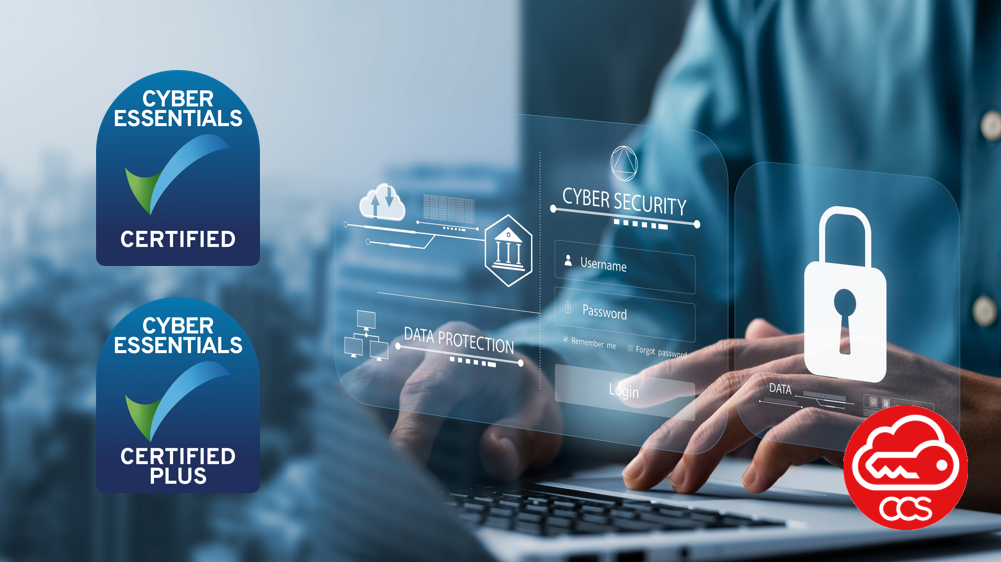Strengthening Cybersecurity for SMEs:
A Comprehensive Approach
Small and Medium-sized Enterprises (SMEs) often find themselves in the crosshairs of cybercriminals. While their size might suggest they're less appealing targets, SMEs possess unique characteristics that can inadvertently make them vulnerable to cyber attacks. However, with the right strategies and measures in place, SMEs can fortify their defences and mitigate potential risks.
Understanding Cyber Security Vulnerabilities
SMEs face various factors that can attract cybercriminals. Limited resources, a lack of dedicated cybersecurity expertise, and a lower priority given to security can all create potential entry points. Furthermore, their interconnectedness within supply chains can expose them to indirect attacks targeting larger partners.
SME Cyber Security Challenges
Recognizing the challenges, SMEs can take several proactive steps to enhance their cybersecurity posture:
- Education and Training:
- Cybersecurity awareness training for employees is paramount. By educating staff about phishing, social engineering, and best practices, SMEs can prevent many attacks from even starting.
- Robust Password Policies:
- Enforce strong password practices and implement multi-factor authentication (MFA) to protect accounts from unauthorized access.
- Software Updates:
- Regularly update all software to eliminate known vulnerabilities that hackers often exploit.
- Network Security:
- Implement firewalls, intrusion detection, and intrusion prevention systems to
safeguard the network perimeter. Network segmentation helps isolate critical systems.
- Secure Remote Work:
- In the era of remote work, secure remote access protocols like VPNs are essential to protect data transmission.
- Data Backup:
- Regularly back up critical data to off-site locations to enable recovery in case of an attack.
- Vendor Assessment:
- Assess the cybersecurity measures of
third-party vendors and partners to prevent vulnerabilities in the supply chain.
- Incident Response Plan:
- Develop a detailed incident response plan to minimize the impact of cyber attacks and expedite recovery.
- Access Controls:
- Adhere to the principle of least privilege to limit access to necessary data and systems. Regularly review and revoke unnecessary privileges.
- Employee Screening:
- Vet employees and contractors before granting access to sensitive information.
- Security Audits:
- Conduct regular
cybersecurity assessments and
penetration testing to identify and address vulnerabilities.
- Data Encryption:
- Encrypt sensitive data to prevent unauthorized access.
- Employee Exit Protocols:
- Have a clear process to revoke access when employees leave the organization.
- Collaboration with Experts:
- Consider partnering with
cybersecurity experts for enhanced security measures.
- Stay Informed:
- Stay up-to-date with
cybersecurity trends and threats to adapt strategies accordingly.
- Implement Security Frameworks
- Implement frameworks such as
Cyber Essentials or
ISO 27001 significantly improve the security posture of an SME.
A Resilient Future
SMEs play a vital role in the business landscape, and their cybersecurity is integral to global digital resilience. By proactively addressing vulnerabilities, educating employees, and implementing strong security measures, SMEs can significantly reduce their risk exposure.
As cyber threats continue to evolve, a comprehensive and adaptive cybersecurity approach is essential to safeguard both their operations and the broader digital ecosystem.







